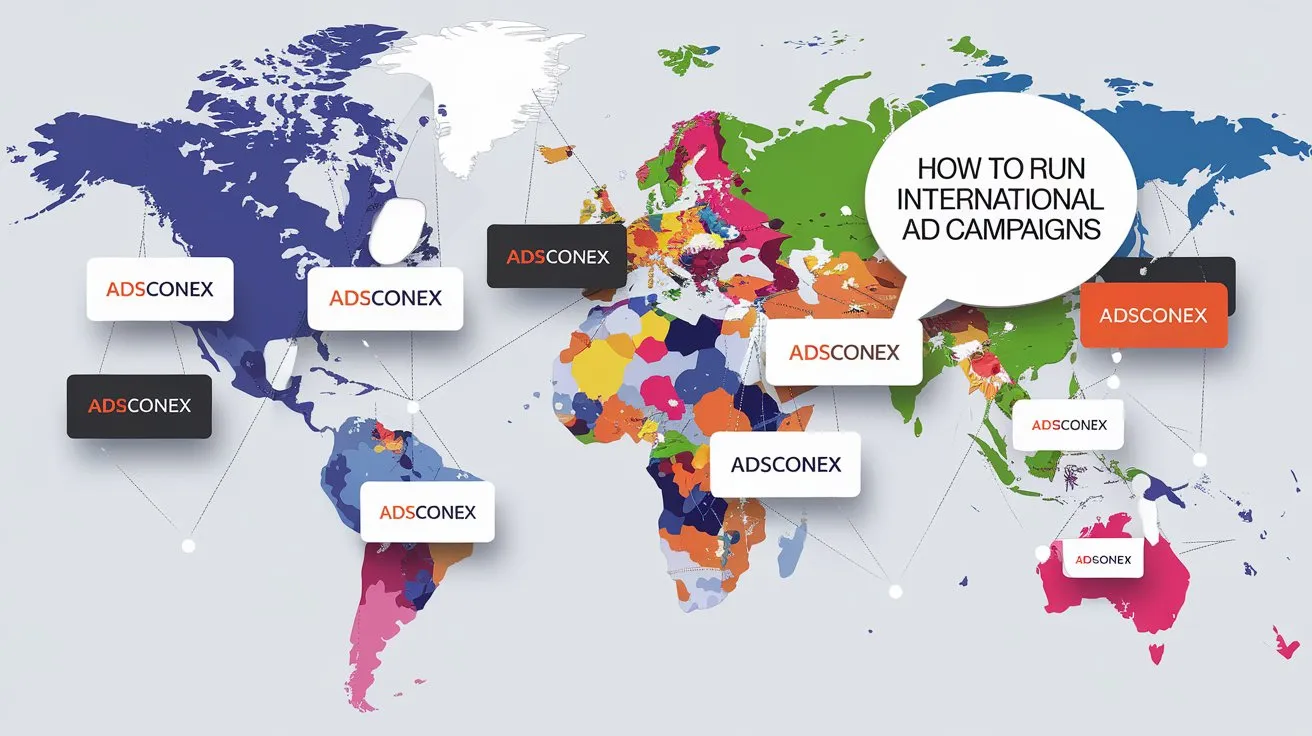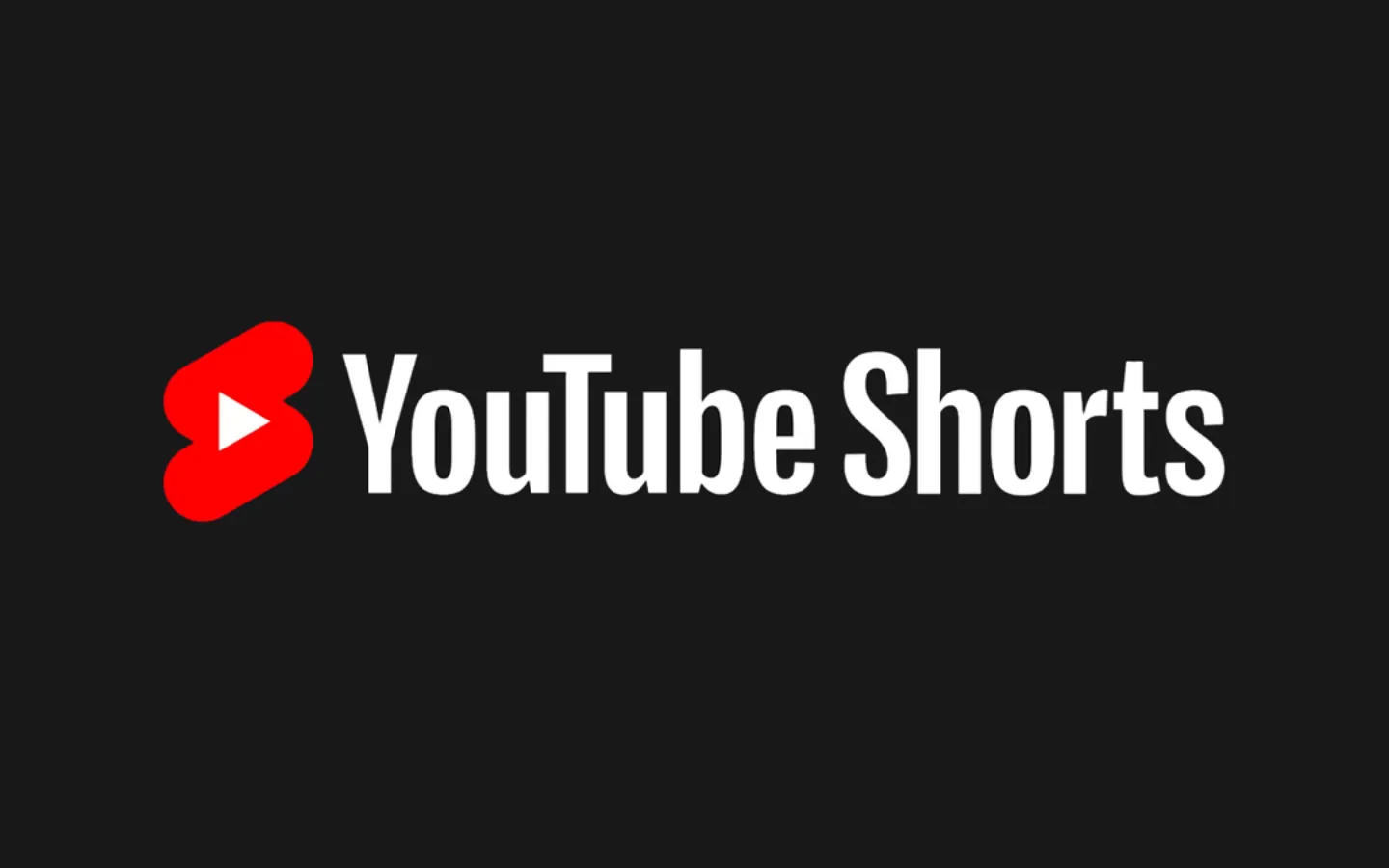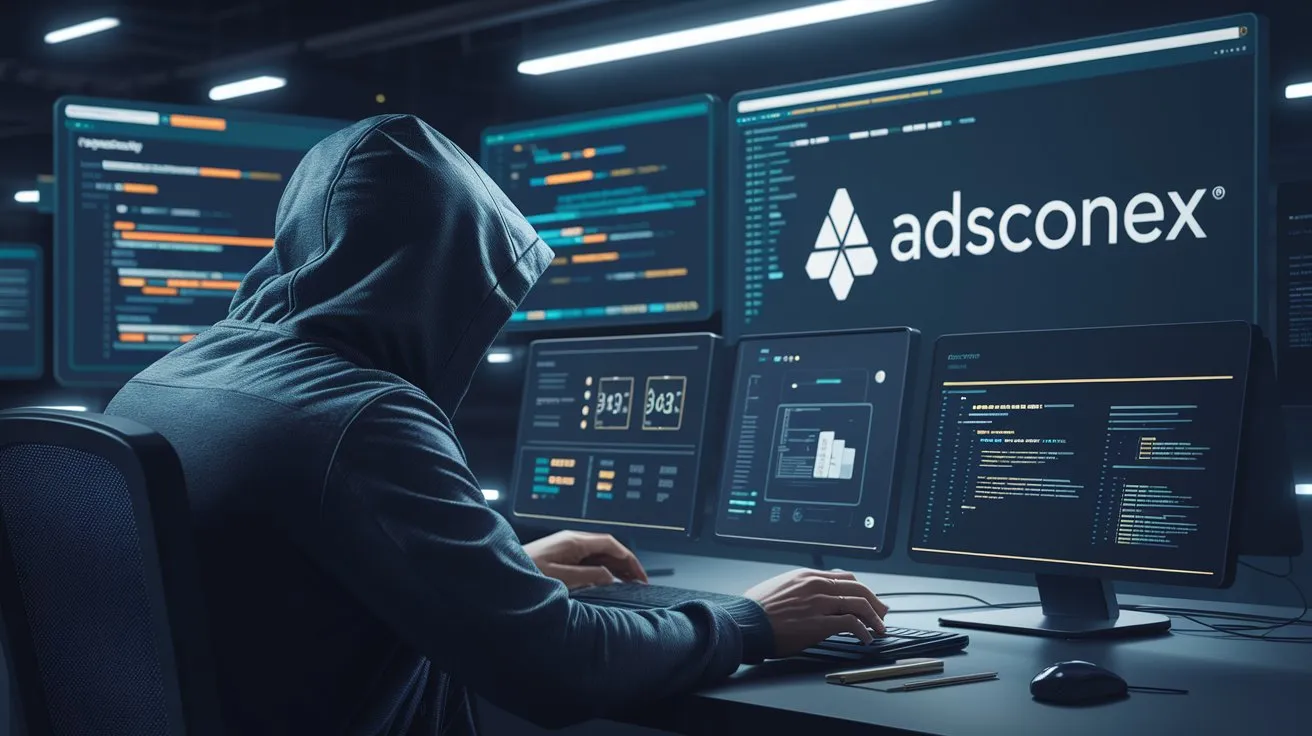TikTok faced scrutiny, leading to discussions about potential bans in various countries, including the United States. A recent study by the Pew Research Center indicates that American support for banning TikTok is on the decline. This article delves into the study's findings, explores the reasons behind the shifting public opinion, and examines the broader implications of a potential TikTok ban.
Declining Support for a TikTok Ban
The Pew Research Center's survey, conducted between February 24 and March 2, 2025, reveals a significant decrease in the number of Americans supporting a TikTok ban. Only 34% of U.S. adults now favor such a measure, down from 50% in March 2023. Conversely, opposition to the ban has grown, with 32% of respondents now against it, up from 22% in 2023.

This trend is consistent across political affiliations. Support among Republicans and Republican-leaning individuals has plummeted from 60% to 30% since March 2023. Similarly, Democratic and Democratic-leaning respondents have seen a decrease from 43% to 30% in the same period.
Factors Influencing Public Opinion
Several factors may contribute to the declining support for a TikTok ban:
-
Increased Usage and Integration: As TikTok becomes more ingrained in daily life, users may be more resistant to losing access to the platform. The app's role in entertainment, education, and even commerce has expanded, making the prospect of a ban less appealing.
-
Awareness and Understanding: Over time, users may have become more informed about TikTok's operations and data policies, alleviating some initial security concerns.
-
Perceived Threat Level: The share of Americans who view TikTok as a national security threat has decreased from 59% in 2023 to 49% in 2025, suggesting a shift in perception regarding the platform's risk.
Demographic Insights
The study also highlights demographic variations in support for a TikTok ban:
-
Age: Younger adults, particularly those under 30, are less likely to support a ban compared to older age groups. This aligns with TikTok's popularity among younger demographics.
-
TikTok Usage: Only 12% of TikTok users support the ban, whereas 45% of non-users are in favor. This disparity underscores the platform's value to its user base.

Legislative Actions and Deadlines
Despite waning public support, legislative actions concerning TikTok continue:
-
April 5 Deadline: The U.S. government set an April 5, 2025, deadline for TikTok's parent company, ByteDance, to divest its U.S. operations or face a ban. President Donald Trump indicated that a deal for TikTok's sale would be completed before this deadline.
-
Potential Buyers: Companies like Oracle, Microsoft, and Perplexity AI have expressed interest in acquiring TikTok's U.S. operations. However, ByteDance's willingness to sell remains uncertain.
-
Legal Challenges: TikTok has contested the ban in federal court, arguing that it infringes on users' First Amendment rights. A decision from the three-judge panel could come by November, potentially influencing the platform's future in the U.S.
Implications of a TikTok Ban
A potential TikTok ban carries several implications:
-
Economic Impact: TikTok supports a vast ecosystem of content creators, advertisers, and small businesses. A ban could disrupt income streams and marketing strategies reliant on the platform.
-
Cultural Influence: TikTok has become a significant cultural force, influencing music, fashion, and social trends. Its absence could create a void in the digital landscape.
-
Precedent for Tech Regulation: How the U.S. handles TikTok may set a precedent for future actions against foreign-owned tech companies, impacting international relations and trade.
The Pew Research Center's study reveals a notable decline in American support for a TikTok ban, reflecting changing perceptions and increased integration of the platform into daily life. As legislative deadlines approach and negotiations continue, the future of TikTok in the U.S. remains uncertain. Stakeholders, including users, policymakers, and potential buyers, must navigate a complex landscape of security concerns, economic interests, and public opinion. The coming months will be pivotal in determining whether TikTok continues to thrive in the American digital ecosystem or faces an unprecedented ban.



